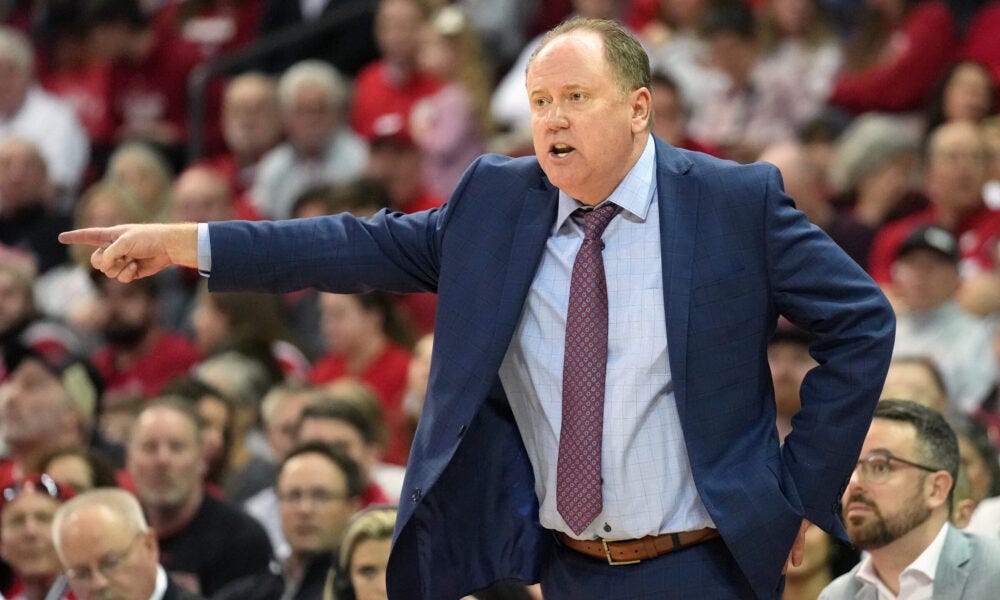Wisconsin Basketball Roster Rebuild: Exploring the Transfer Portal Class
The Badgers brought in some intriguing pieces from the transfer portal.
Even amidst the offseason departures of four scholarship players to the transfer portal, including starters AJ Storr and Chucky Hepburn, I did my best to hold off on drawing any conclusions about the state of the Wisconsin basketball program until I saw what Greg Gard reeled in to replace them.
The modern-day transfer portal has become a pay-for-play model. The school with the most up-front resources often has its pick of the litter, so to speak, leaving everyone else in scramble mode.
It's evolved to the point where coaches now view roster construction as a year-to-year endeavor rather than recruiting and developing for stability.
"I've seen this landscape coming," Gard told reporters. "This isn't a surprise to anybody. I'm not mad at anybody because, specifically Chucky and AJ, if anybody in their right mind told any of you guys or gals that you could go triple your income by taking a different job, you'd do it in a heartbeat, no questions asked."
Gard has expressed interest in adding another transfer to the frontcourt if the right fit emerges for Wisconsin. Regardless, much of the Badgers' heavy lifting in the portal has already been done, so it seems fitting to break down the new transfer class and share some initial impressions.
How Wisconsin Navigated the Transfer Portal
The Badgers brought in former Central Arkansas point guard Camren Hunter, former Northern Illinois forward Xavier Amos, and former Missouri guard John Tonje to round out the core of their transfer portal class this offseason.
Wisconsin basketball is counting heavily on these new additions, who probably didn't receive the same NIL compensation as Storr and Hepburn on the open market, to play at a somewhat comparable level in the Big Ten and fill the gaps left by the departing Badgers players.
By all accounts, this strategy falls into the category of being 'fiscally responsible' with NIL funds. Coach Gard used that phrase when discussing how to manage the available NIL budget, and it appears to be a likely path for Wisconsin basketball to follow in future offseasons.



